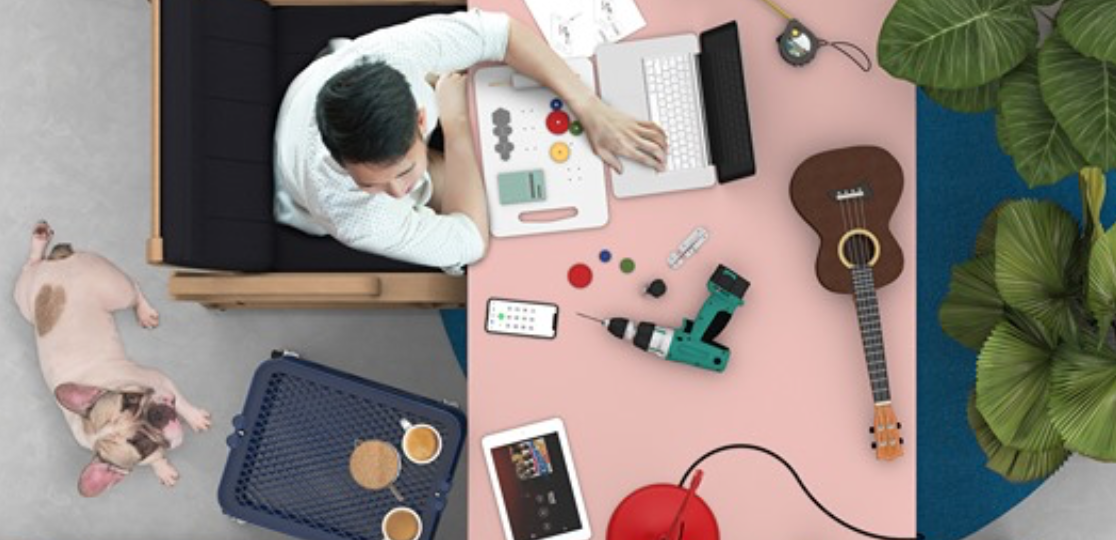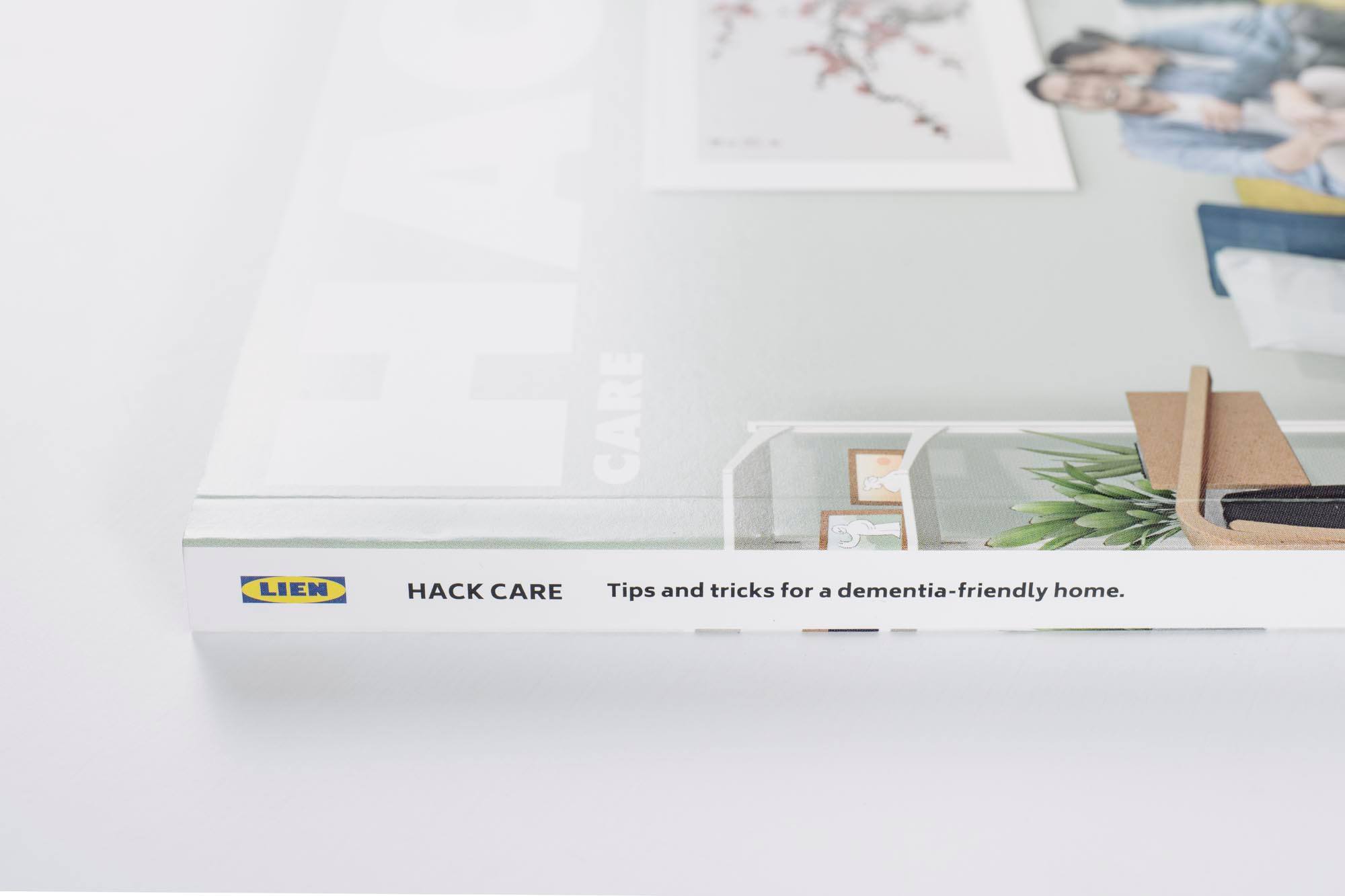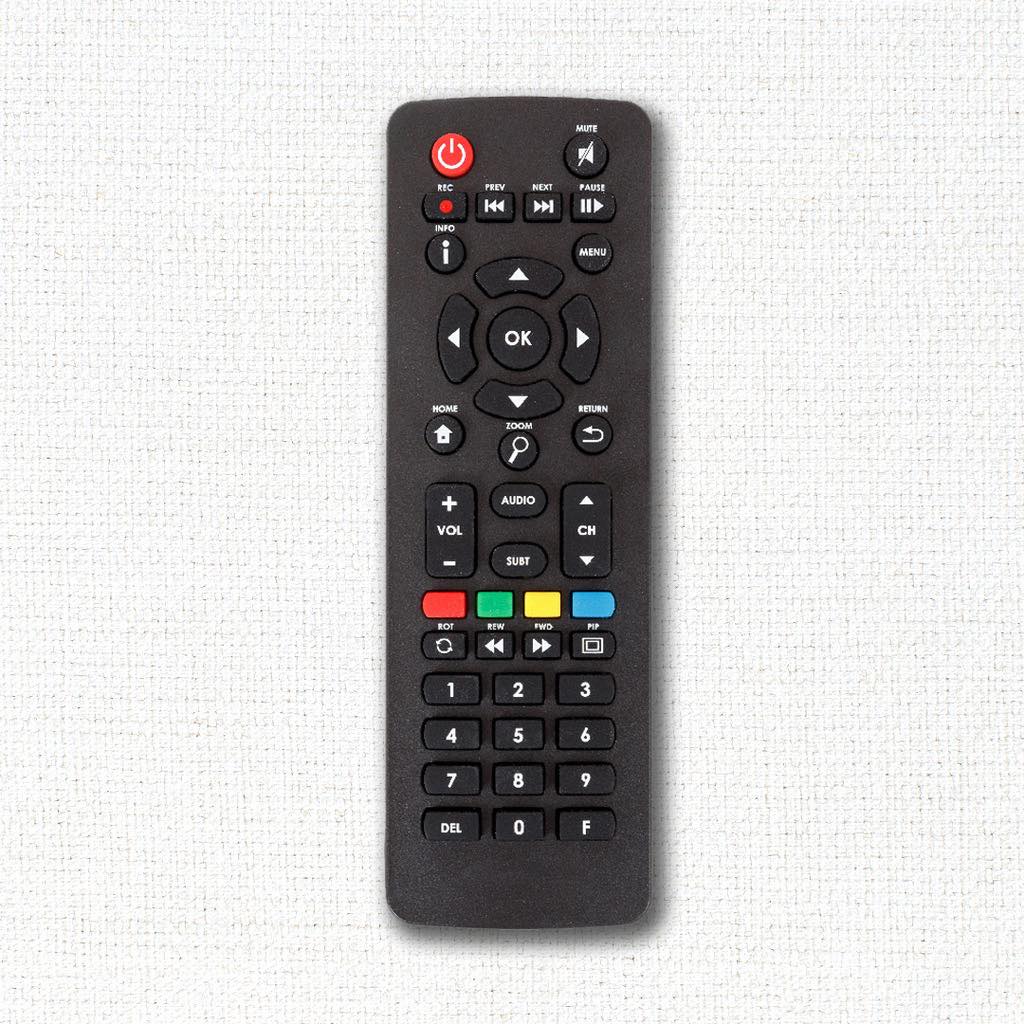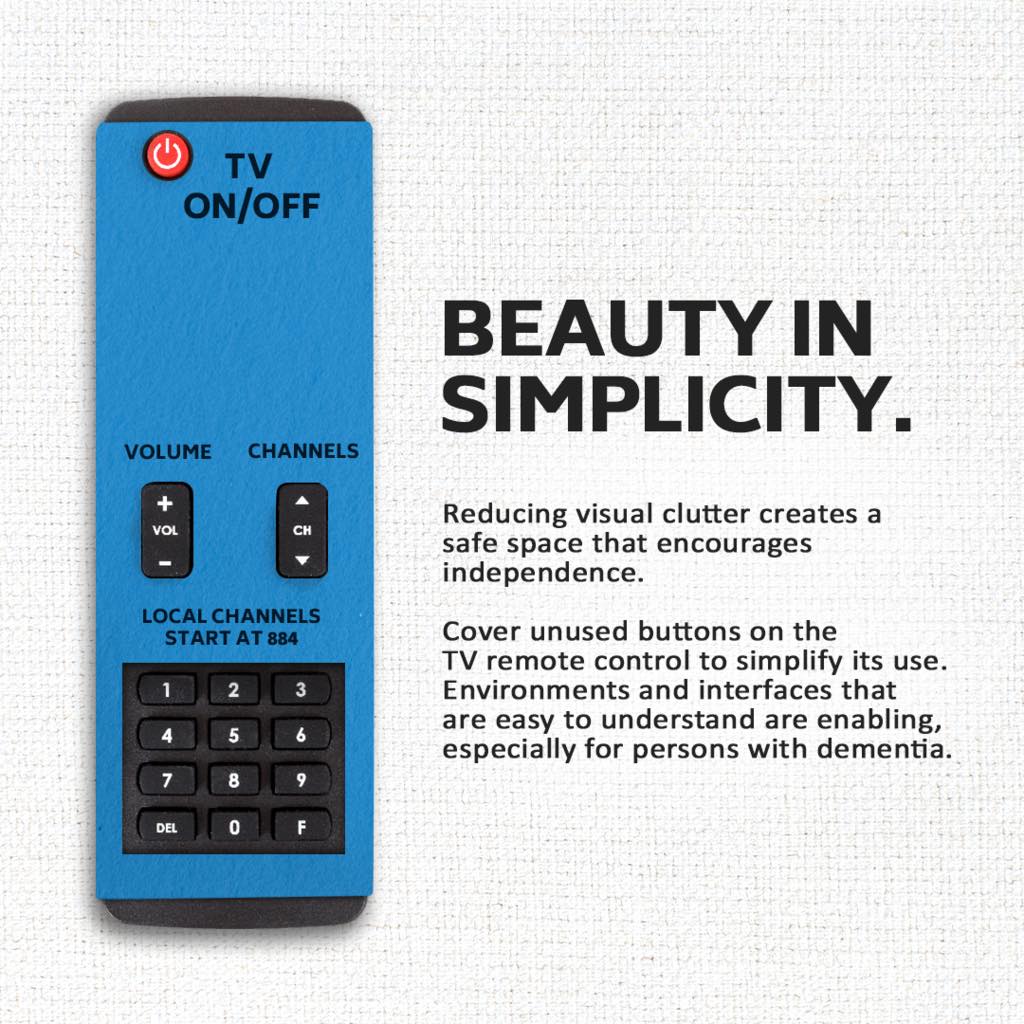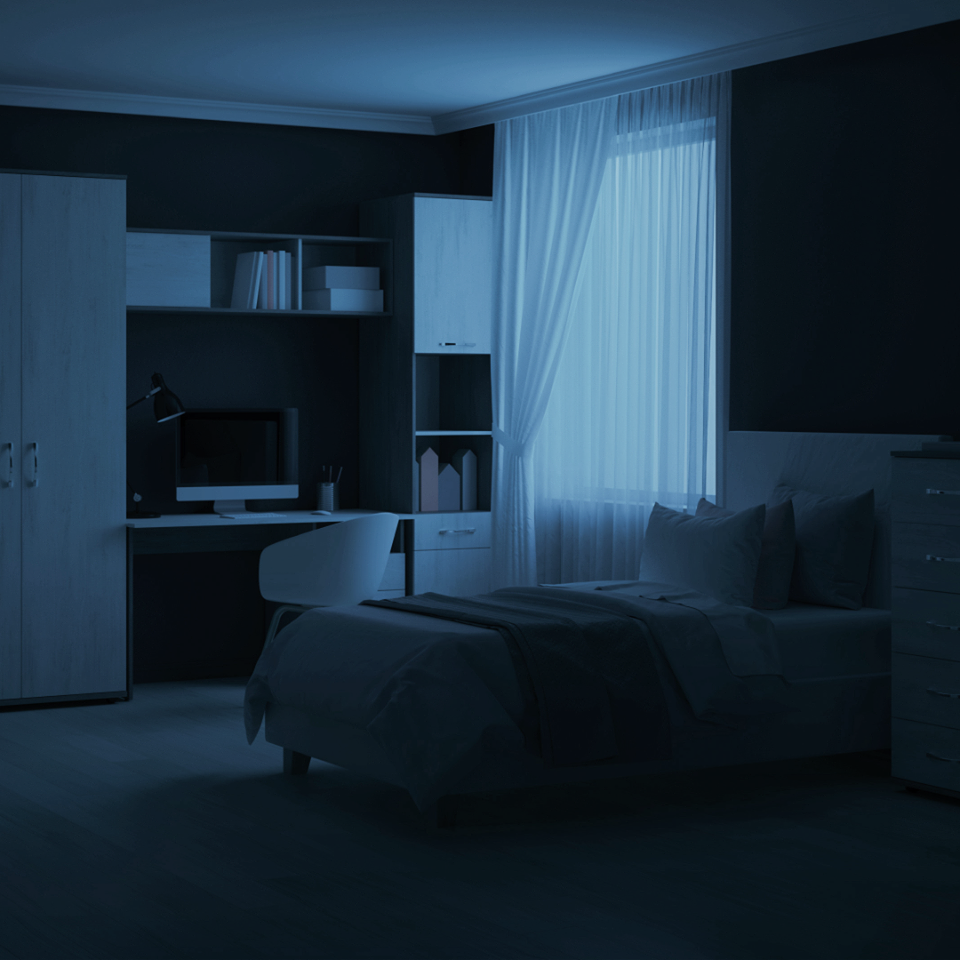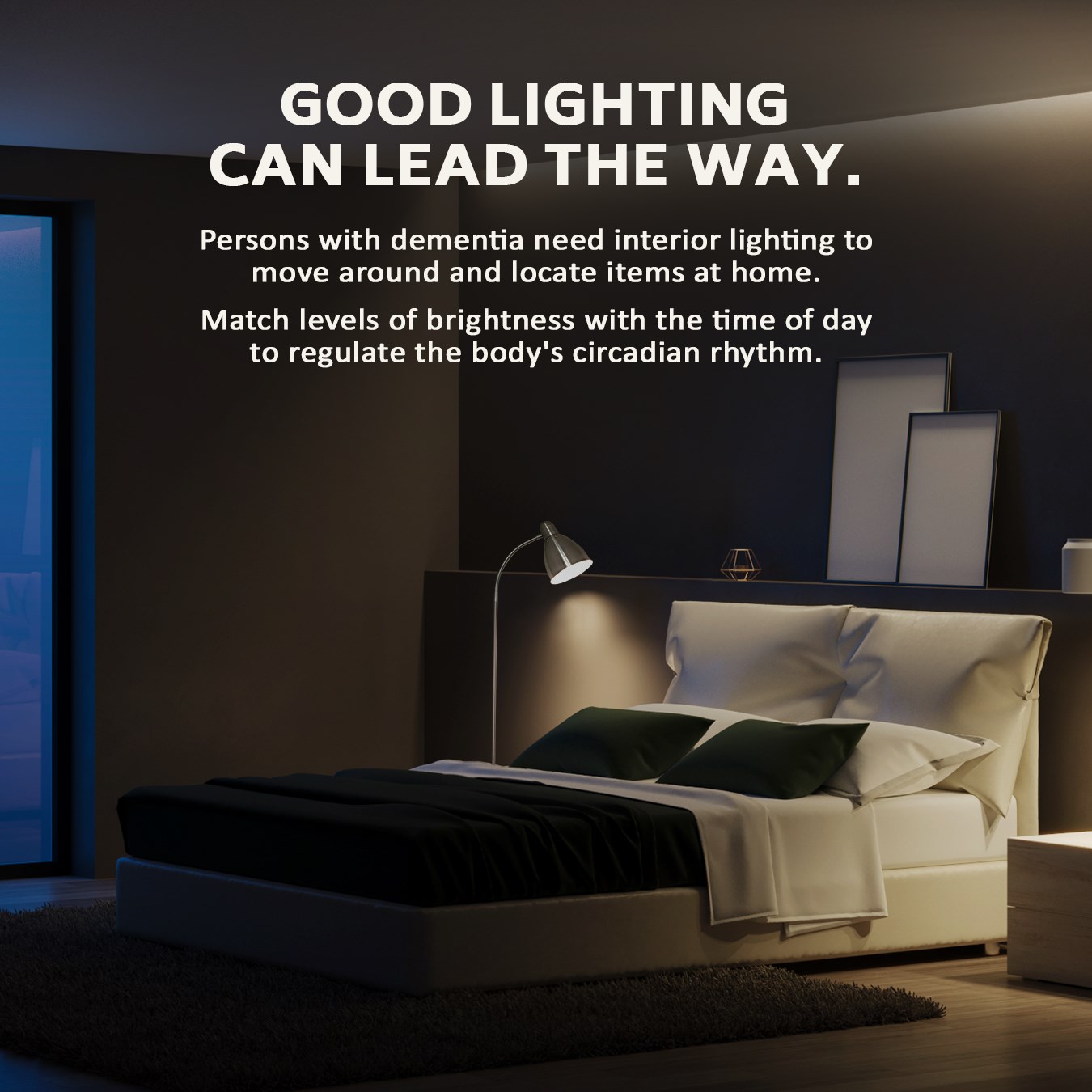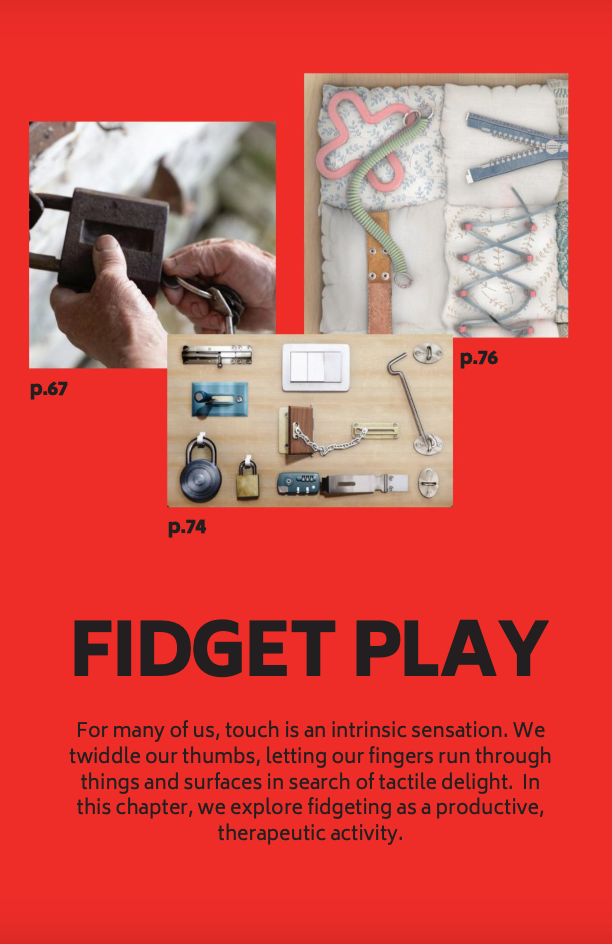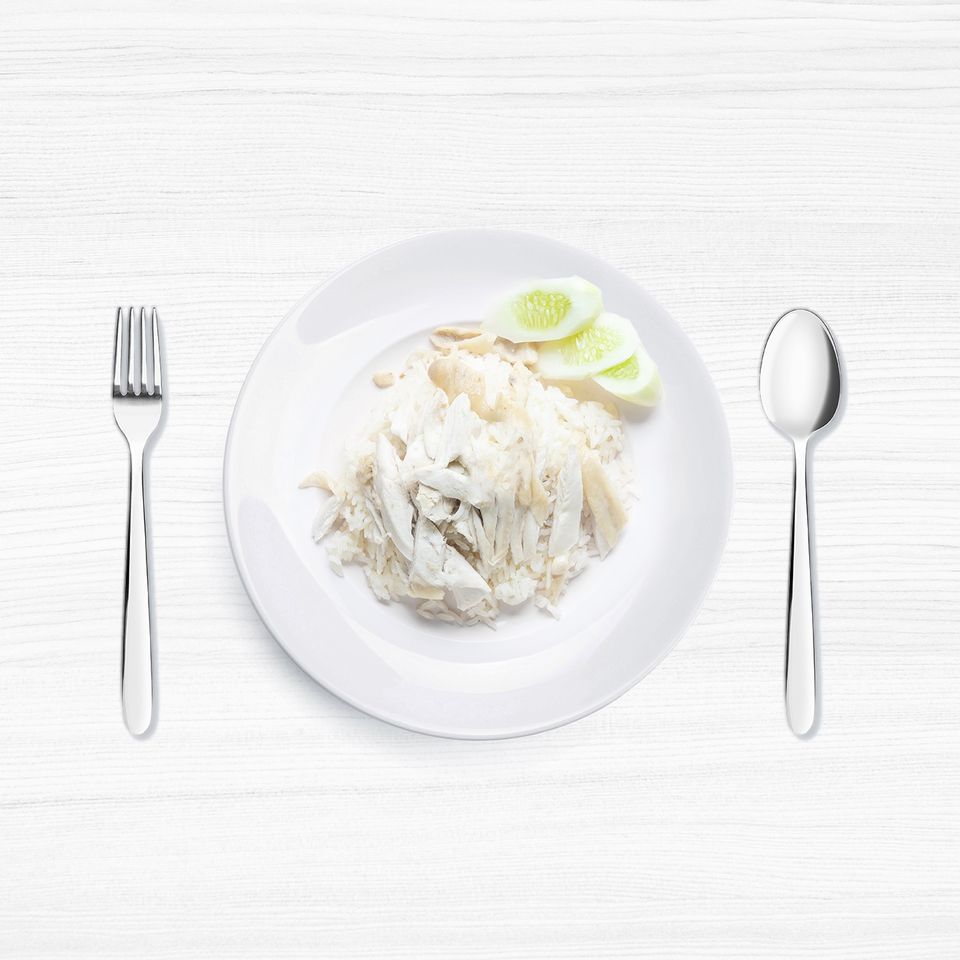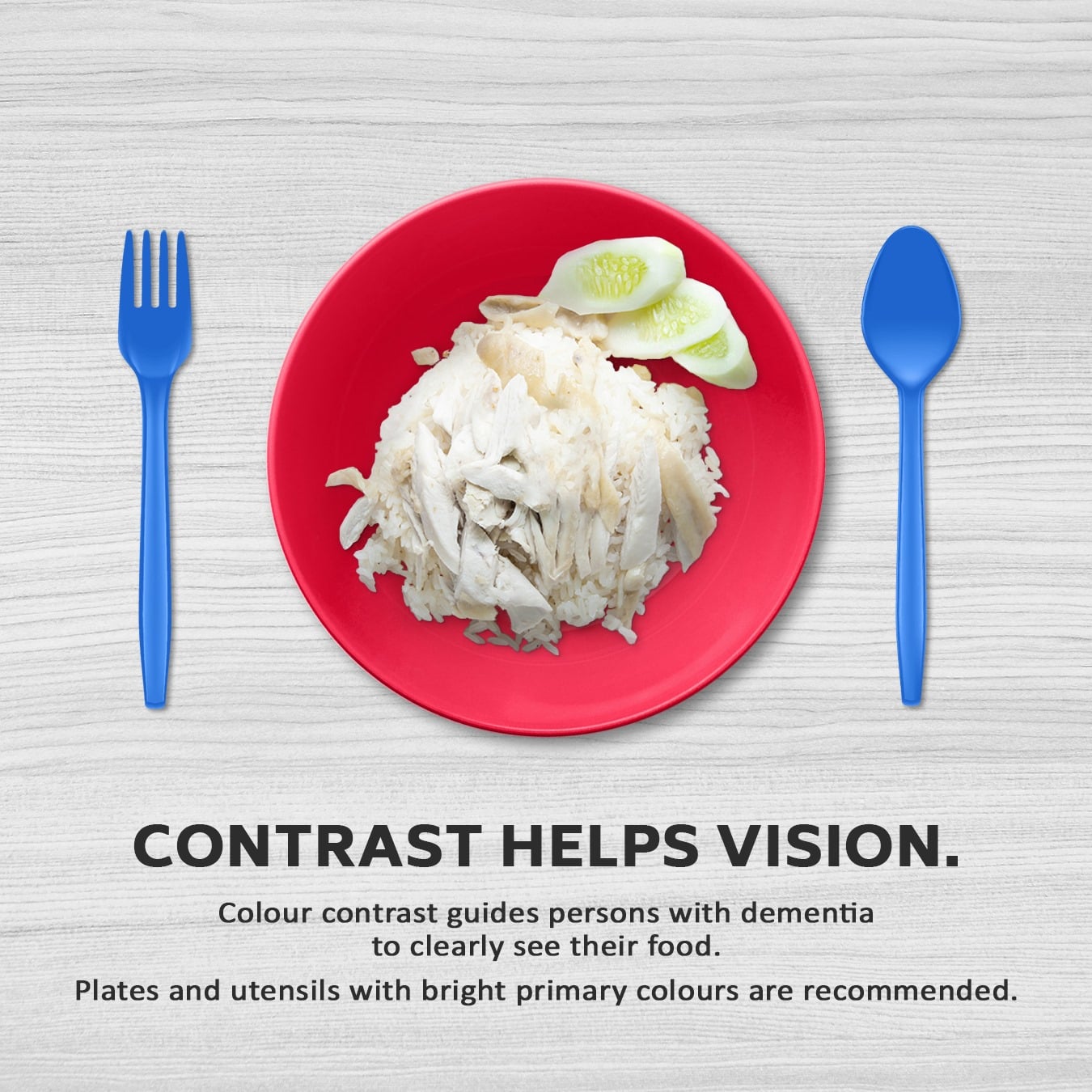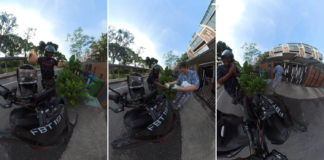Lien Foundation In Singapore Makes IKEA-Style Catalogue To Help Dementia Persons
Dementia is a challenging illness which is indiscriminate and could befall any one. Those diagnosed see their daily lives disrupted and simple chores turn into insurmountable tasks.
Old-age illnesses not only impact the patients, but their loved ones and caregivers as well.
Lien Foundation, a Singapore-based philanthropic organisation that seeks to improve the lives of seniors and low-income families, has stepped up to this challenging task.
On Sunday (13 Sep), the foundation launched an interactive visual ‘IKEA Catalogue’ online for caregivers of dementia.
HACK CARE illustrates more than 240 pages of ideas, practical hacks and tips to simplify life for these caregivers.
It comes with step-by-step online instruction manuals for a DIY-approach for dementia persons.
There’s also a physical edition available for those who prefer a manual they can pick up.
‘IKEA catalogue’ helps create environments to assist dementia persons
The virtual interactive catalogue combines the design and research expertise from architects, and product & furniture designers.
Professionals from places like Alzheimer’s Disease Association (ADA), Brahm Centre and Khoo Teck Puat Hospital also lent their knowledge on the caregiving journey.
One of the most important aspects of the home they have conceptualised is the visual environment.
As dementia progresses, certain visual stimuli can be disorienting and confusing which results in fear.
It then becomes difficult to interpret what one sees.
Therefore, creating visual environments that are calm and easy to understand creates visual clarity at home for the dementia person.
Habitable space is experienced through furniture and its spatial arrangements.
In ‘The New Room’ chapter, it can continuously be reconfigured to enhance a richer and healthier lives for the carers and the cared.
Hacking time & light for a dementia-friendly home
The progression of the day and time influences our body system by internalising the temporal cue from the variation in sunlight.
In the ‘Time & Light‘ chapter, it explores a way to manipulate the ‘biological clock’ to send appropriate signals for mealtimes, activity and rest.
Keeping active to stimulate the brain
Fidget Play involves the tactile sensation when we twiddle our thumbs or run our fingers through things on surfaces.
This physical movement of fidgeting is both therapeutic and productive for dementia.
By fiddling around with various items, persons with dementia can keep their mind and body active.
Using mealtimes for bonding
For many, we look to mealtimes the most. Not only because we get to eat scrumptious food, the conversation and bonding creates a joyful time.
The ‘Mealtime‘ chapter shares ideas and reasons why mealtimes are opportune activities to exercise choice, cognition and coordination.
For example, they recommend using bright plates and utensils so that dementia persons can recognise their food more easily.
Caring for dementia persons shouldn’t be a chore
We want to take this opportunity to salute and express our gratitude to caregivers who put in time and effort to care for their loved ones or persons with dementia.
While it may get challenging sometimes, take heart in knowing that the community supports persons with dementia and roots for the caregivers.
Have news you must share? Get in touch with us via email at hello@mustsharenews.com.
Featured image adapted from MIMS Today.

Drop us your email so you won't miss the latest news.

